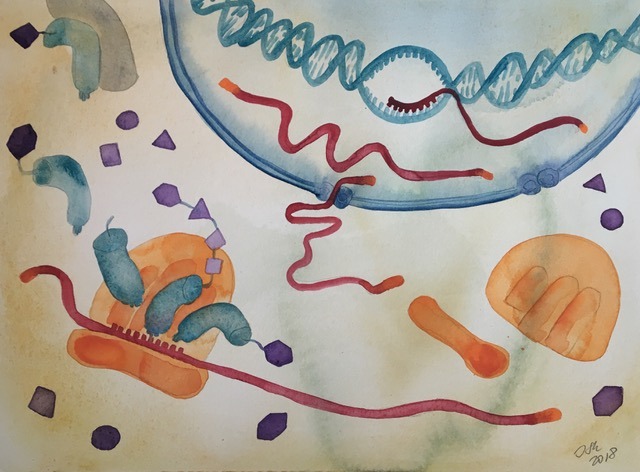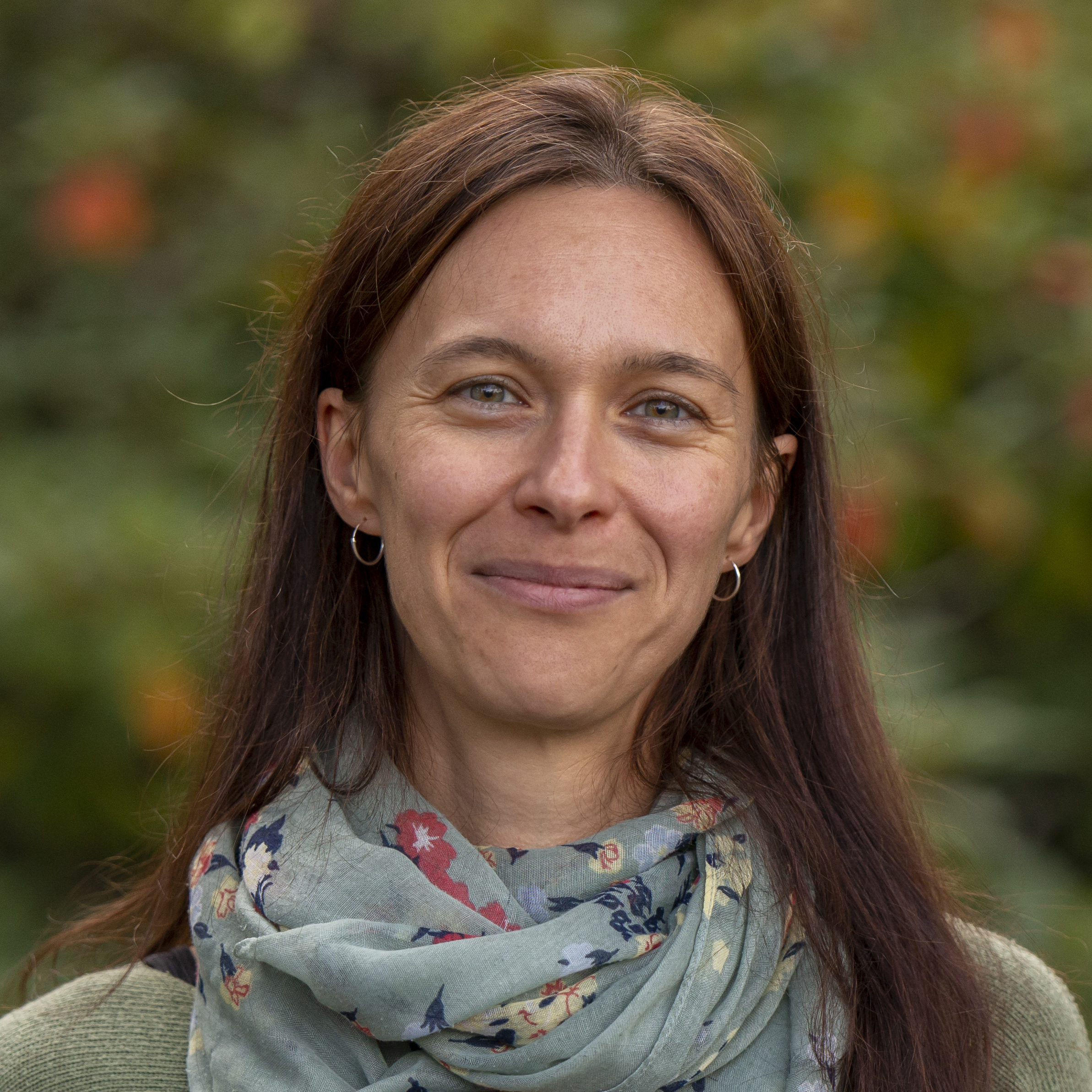Research interests
Functional interactions of the coding and noncoding part of genomes
Over hundreds of highly specialized cells with diverse morphologies and functionalities exist in the human body, yet virtually every cell in the body contains the same genetic information. To exert cell-specific functions high fidelity mechanisms evolved to restrict the synthesis and processing of discrete sets of regulatory RNA molecules. Abnormal cell behavior as seen in many fatal human diseases, such as cancer, is often the consequence of aberrant transcripts formation.
Research in our group focuses on identifying and characterizing the regulatory interdependencies of protein-coding and noncoding RNAs (long noncoding, transfer and small RNAs) transcriptome-wide in mammalian somatic tissues and in the germline. Our goal is to gain mechanistic insights into the transcriptional and post-transcriptional regulation and processing of RNAs during organ development, cell differentiation and disease progression.
We are particularly interested in:
- revealing the origin, evolution and disease association of ncRNAs
- deciphering the molecular mechanism underpinning regulation by ncRNAs
- explaining ncRNA functions.
Our experimental approaches include:
- Comparative genomics of sequenced vertebrate (including human and mouse) and lately viral genomes
- Applying and developing high-throughput bulk and single cell RNA sequencing methodologies (various total and small RNAseq, RBP-RNA interaction) as well as genome (HiChIPseq) and epigenetic profiling (ChIPseq, ATACseq, XDrop target enrichment) coupled to powerful computational analysis (customized tools for quantifying chromatin, polymerase activity, transcript abundance as well as gene regulatory networks) using short (Illumina) and long-read (ONT) sequencing
- Detailed molecular (cloning, Gibson assembly) and biochemical assays as well as complementing screening (Cas13) methodologies
- Phenotypic characterization by modifying gene and transcript abundance (CRISPR/Cas9 genomic deletions, CRISPR activation and inactivation) in cell lines and tissues (NEON and lipid-based transfections as well as transductions)
- Most of our sequencing efforts are performed on our Illumina NextSeq 500 and 2000.
We are an integrated team of experimental and computational scientists working in close collaboration to pursue individual research projects. Our group is affiliated to the Department of Microbiolology, Tumor and Cell Biology (MTC) and the Science for Life Laboratory where our laboratory is located.

Group members
CURRENT GROUP MEMBERS
- Dr Pablo Carravilla (Postdoctoral researcher, joint with Erdinc Sezgin)
- Justas Šidiškis (Erasmus student)
- Claudia Ferrer Aumatell (MSc student)
- Riccardo Mosca (Research assistant)
- Dr Mateusz Garbulowski (Postdoctoral researcher, joint with Erik Sonnhammer)
- Carlos Gallardo Dodd (PhD student)
- Dr Ankit Srivastava (Postdoctoral researcher)
- Christian Sommerauer (PhD student)
- Keyi Gang (PhD student)
PAST GROUP MEMBERS
- Claudia Ferrer Aumatell (Project student)
- Dr Simranjeet Kaur (EMBO short term fellow)
- Yuki Tanaka (PhD student, RIKEN-KI exchange program)
- Riccardo Mosca (Erasmus student)
- Zuzana Koskova (Erasmus student)
- Raül García Veiga (Erasmus student)
- Carolina Frørup (visiting PhD student)
- Quim Perdices (Project student)
- Lara Garcia Merino (Research Assistant)
- Sofia Papavasileiou (Research Assistant)
- David Sanches Salas (NSF IRES students)
- Lauren Washington (NSF IRES students)
- Lara Garcia Merino (Master student)
- Dr Mikaela Behm (Postdoctoral researcher)
- William Gao (Fulbright fellow)
- Aniek Martens (Erasmus student)
- Juliane Mayr (Project student)
- Abhishekapriya Ganesan (Project student)
- Lara Garcia Merino (Project student)
- Sofia Papavasileiou (Master student)
- Dr Jonas Søndergaard (Senior research specialist)
- Linda Wedemann (SciLifeLab summer student)
- Natalie Preiß (Erasmus student)
- Janine Hoffmann (Erasmus student)
- Sofia Papavasileiou (Project student)
- Laura Catharina Hinte (Master student)
- Xueli Guo (Intern student)
- Sofia Papavasileiou (SciLifeLab summer student)
- Siddharth Tomar (Research assistant)
- Christian Sommerauer (Erasmus student)
- Sharmistaa Kumar (Intern student
- Siddharth Tomar (Master student)
- Dr Jente Ottenburghs (Postdoctoral researcher)
- Dr Jonas Søndergaard (Postdoctoral researcher)
- Dr Hassan Foroughi Asl (Postdoctoral researcher)
- Hanin Kattae (Erasmus student)
- Siddharth Tomar (SciLifeLab summer student)
- Ionut Atanasoai (Erasmus student)
